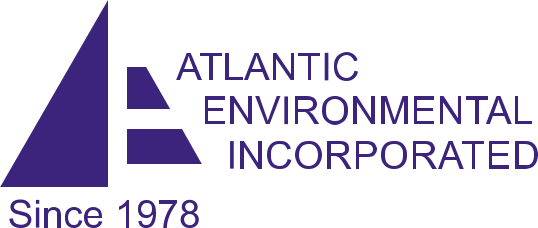How To Obtain a Title V Air Emissions Permit: Atlantic Environmental
Did you know that 99% of people on earth breathe polluted air, which results in millions of deaths per year due to poor air quality? In addition, most countries don’t meet WHO air quality standards. Even here, over 137 million Americans live in areas with polluted air.
Specific manufacturing processes and vehicle emissions usually cause air pollution. Oils and gases used for heating are also significant sources.
The increasing levels of pollution resulted in the enactment of the Clean Air Act. It encompasses the Title V Federal Operating Permit program.
But what is Title V of the Clean Air Act? And who needs a Title V Operating Permit? This article tells you all this and more.
You will learn about Title V air permit reporting requirements and Title V air permit training. Read on to get started.
What is Title V of the Clean Air Act?
The purpose of the Clean Air Act is to protect US residents from various types of air pollution. Title V, under this Act, is a program designed to control air pollution.
It’s based on Federal law and aims to regulate the air quality permitting process. It’s imperative due to the presence of air emissions from primary sources throughout the country.
Who Needs a Title V Operating Permit?
This permit is also referred to as a Title V air permit. You may think that every business should have one. But this isn’t the case.
There are specific Title V air permit reporting requirements. You should know them to determine if your business needs a Title V Operating Permit. These include:
- Emissions of over 100,000 carbon dioxide equivalent tons of greenhouse gases
- Emission points that create more than 50 tons of nitrogen oxides or volatile organic compounds (VOCs)
- A solid waste incinerator that burns over 35 Mg of commercial or residential waste every day
- Sources subject to federal Acid Rain regulations
- Emissions subject to National Emission Standards for Hazardous Air Pollutants (NESHAPS), New Source Performance Standards, or provisions for chemical accident prevention
- Emission points that create over 100 tons of hazardous air pollutants (HAPs) every year
One hundred tons is the Major Source Threshold (MST). Emission points are major if they emit ten or more tons of HAP annually.
Title V Air Permit Training
Air permit reporting requirements seem pretty straightforward. However, ensuring you comply might become arduous if you manage several facilities. In addition, it may result in duplication of efforts and monitoring when it’s not required.
You can avoid this with air permit training. Many companies provide this type of training. But you’ll need to choose one with experience and expertise.
Managing Your Air Quality with Ease
What is Title V of the Clean Air Act? Now you know.
Does your company meet the Title V air permit reporting requirements? If not, one of your main priorities should still be reducing your emissions. However, if you meet the requirements, you’ll need to ensure you know the ins and outs of obtaining a permit.
Air Permit training is one way you can ensure this. But you should find a company with extensive knowledge in this area.
Atlantic Environmental does. We can assist you with permitting, emissions reports, and training. Contact us to learn more.
We provide all types of environmental services to New York (NY), New Jersey (NJ), Pennsylvania (PA), Georgia (GA), Connecticut (CT), Maryland (MD), and Virginia (VA). If you are out of these areas, please contact us as we may be able to service your area with your environmental needs as well.



